Text
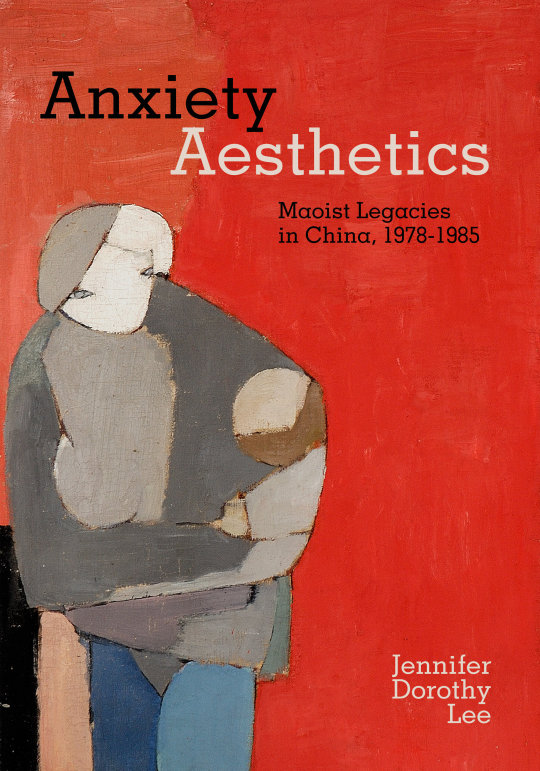
"Original, subtle, and emphatic, Lee's book is an indispensable contribution to the rethinking of contemporary Chinese art. Breaking free from the conventional historiography that views the postsocialist transition as a break, Lee sheds much-needed light on the confusion, reluctance, remorse, anxiety, and excitement of the late Cultural Revolution and early Reform years. Her analysis is a must-read for those seeking to understand art in the aftermath of Maoist radicalism in China."
4 notes
·
View notes
Text

"Florence’s foundling home of the Innocenti is often taken as a symbol of Renaissance creativity, innovation, and humanity. Its progressive approach to caring for abandoned children was matched by the iconic architectural form designed one of the period’s leading architects, Filippo Brunelleschi. Did reality match the reputation? The essays in Lost and Found explore new dimensions and contexts for foundling care at the Innocenti and use archival documents and digital tools to locate it architecturally, geographically, and socially."
5 notes
·
View notes
Text

"The Boldt Decision was, to say the least, a watershed moment in the history of the Pacific Northwest and beyond. A half century on, Wilkinson has given us the inside story of this critical case: the labor that went into its manifestation, its implications for all who live in these places, and most importantly the Indigenous land, water, and more-than-human relations that are at its core. A must-read."
14 notes
·
View notes
Text

“A lively chronicle of one of the world’s most cosmopolitan cities from its beginnings almost two and a half millennia ago to the present. Issa vividly recounts invasions by the Crusaders, Ottomans, French, and British, and shows how in the modern era Alexandria continued in its role as a cultural hub and social and religious melting pot. This impressively researched account reveals a captivating city through the ages.”
7 notes
·
View notes
Text
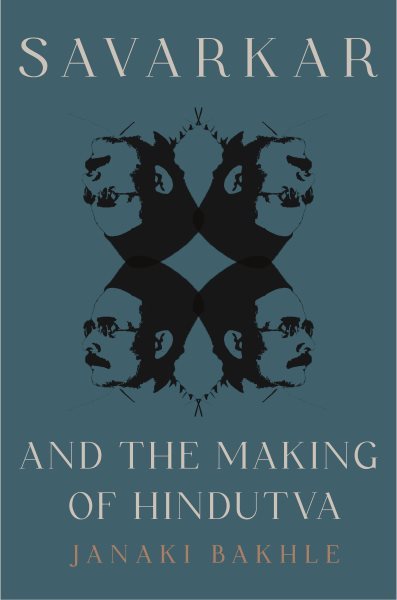
“Outstanding. Savarkar emerges in these pages as a celebrated poet and playwright, a historian, a reformist critic of caste, and a bearer of visceral antipathy toward Muslims. Importantly, Bakhle helps us see the deeply different sensibilities that separate English-language scholarship on modern India from publications in the regional languages. A brilliant and enduring achievement, this book is essential reading for anyone interested in the intellectual history of Hindutva.”
0 notes
Text

"In Making an African City, Jennifer Hart traces the way that British colonial officials, Accra Town Council members, and a diverse group of technocrats used regulation to define what an "acceptable" city looked like. Unlike cities elsewhere on the continent, Accra had a long history of urbanism that predated British colonial presence. By criminalizing some activities and privileging others, colonial officials sought to marginalize indigenous practices of Accra residents and shape the development of a new, "modern" city."
8 notes
·
View notes
Text
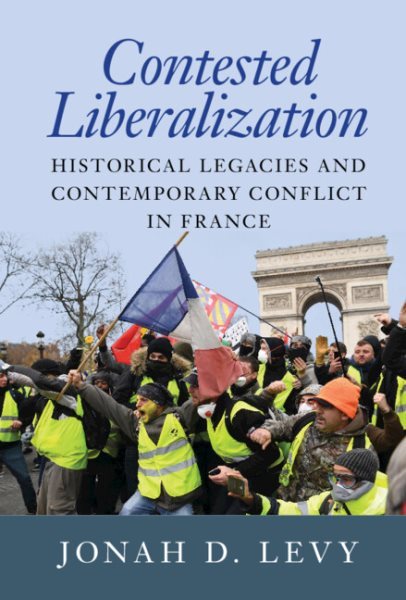
"With lively prose and incisive analysis, this book demystifies Europe's most mysterious political economy. Jonah Levy brings vast knowledge and important comparative perspectives to his forensic examination of why France has failed to liberalize as fully as its neighbors. The result is not only a magisterial overview of the French political economy across five decades but a work that will interest anyone interested in how polities and their policies change over time."
2 notes
·
View notes
Text

“George C. Rable has tackled one of the most controversial stories of the Civil War as only a master historian can. Sifting through generations of partisan bickering, he offers a crisp, candid view of the Lincoln-McClellan saga that accomplishes something truly remarkable. It proves fair to both men.”
3 notes
·
View notes
Text
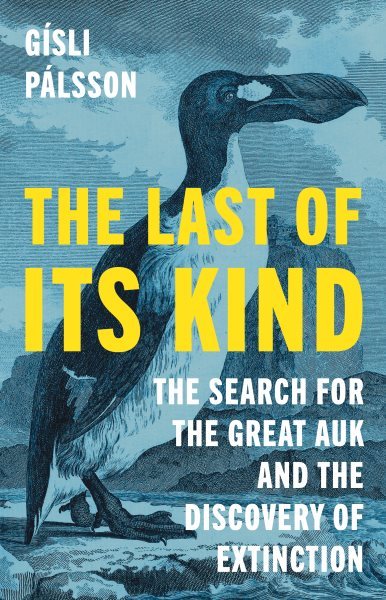
“The extinction of the great auk took place in real time and under the watchful eyes of European naturalists even as the fate of the famous dodo still puzzled them. Gísli Pálsson brilliantly explores the cultural climate in which the idea of human-induced extinction became accepted as scientific fact. Pálsson’s elegantly written historical ethnography tells a story that unites the settled ecological past, the ambivalent present, and the probable future.”
14 notes
·
View notes
Text
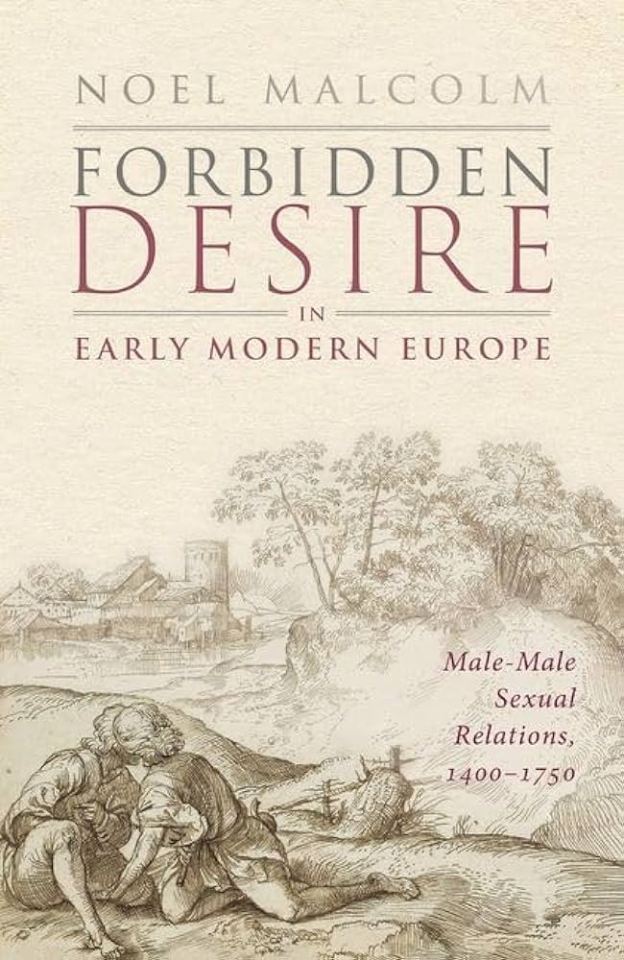
"Sir Noel Malcolm continues to produce books of the highest quality. I have had the privilege of reading the typescript of his latest book, Forbidden Desire in Early-Modern Europe: Male-Male Sexual Relations, 1400-1750. It is a work of stunning erudition, drawing upon material in most European languages. About 170, 000 words long, and written with Sir Noel's customary elegance and lucidity, it is far and away the best book to have been written on this challenging subject."
24 notes
·
View notes
Text
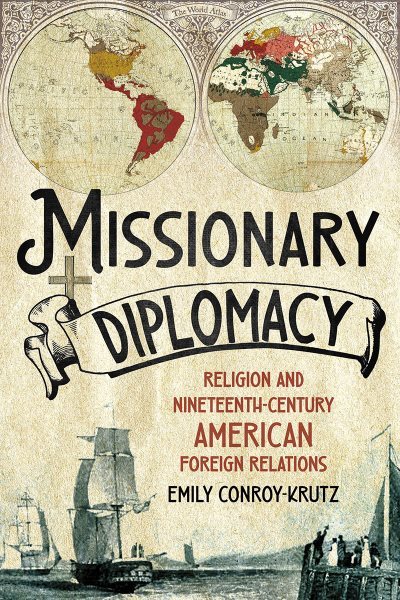
"Impressive. With stories and anecdotes of missionaries from all around the world, Missionary Diplomacy convincingly demonstrates the inextricable connection of Protestant Christian missionaries and American foreign policy in the nineteenth century. This is essential reading on the history of United States foreign relations."
5 notes
·
View notes
Text
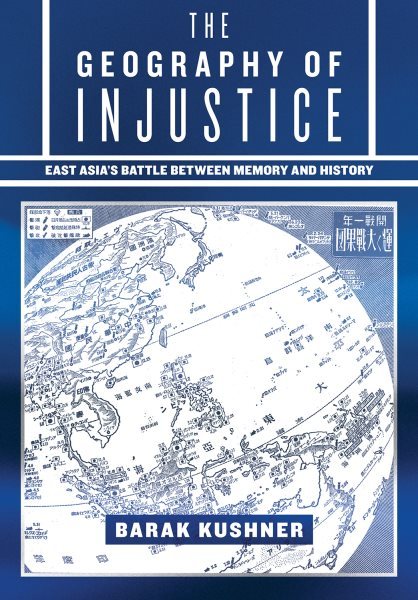
"Barak Kushner has a remarkable knowledge of Japan, China, and war crimes trials in East Asia after World War II. His rich, provocative book stands out for nuanced analysis, a balanced skepticism about how much these trials can really achieve, and a deep immersion in Japanese and Chinese sources. Kushner sheds new light on why Japan and China still remain so thoroughly mired in disputes about the legacy of World War II."
6 notes
·
View notes
Text

“Locating photography at the intersection of African decolonization, racial conflict in the United States, and the cultural Cold War, this study will especially appeal to students and scholars of the history of photography, American studies, and Africana studies."
#uwlibraries#history books#african history#american history#history of photography#diplomatic history
5 notes
·
View notes
Text

“Harry Freedman has written an attractive account of the history and culture of the Venetian Ghetto. The book is readable, well-researched, and incorporates the figure of Shylock in new ways. As Freedman adeptly shows, the Venetian Ghetto was an intellectual and creative hothouse – from music and poetry to medicine and Kabbalah – which included many extraordinary individuals such as Leon Modena and Sara Copia Sulam. Shylock's Venice demonstrates that the ghetto had a reach far beyond the Venetian Empire.”
14 notes
·
View notes
Text

“No part of London has a more fascinating history than the ancient Borough of Southwark, yet no part of London has been more unjustly neglected. Margaret Willes puts matters right in this immensely readable book. It deserves pride of place on every Londoner’s bookshelves.”
11 notes
·
View notes
Text

"This excellent collection of essays gathers an international and interdisciplinary group of scholars from Japan and the United States to explore the partnerships that developed between Philadelphian and Japanese Quakers from the late nineteenth to the mid-twentieth century. Strongly researched and clearly written, Friendly Connections offers important insights into this special relationship at the same time as it opens the door for further study."
2 notes
·
View notes
Text

“This book presents a brilliant analysis of the neoliberal policies imposed on Haiti by international institutions. Dupuy skillfully connects decades of extractive foreign interventions in Haiti, from the US occupation to the aftermath of Jovenel Moïse’s assassination. Haiti since 1804 points the way toward a future in which Haitians might finally regain sovereignty over their own economy and government."
17 notes
·
View notes